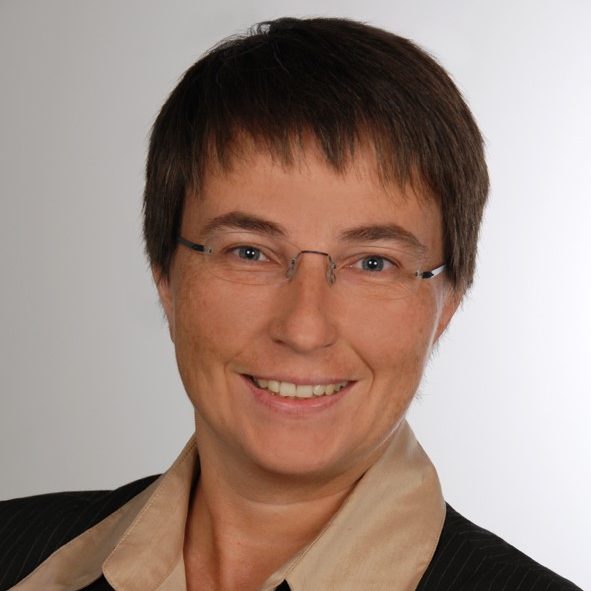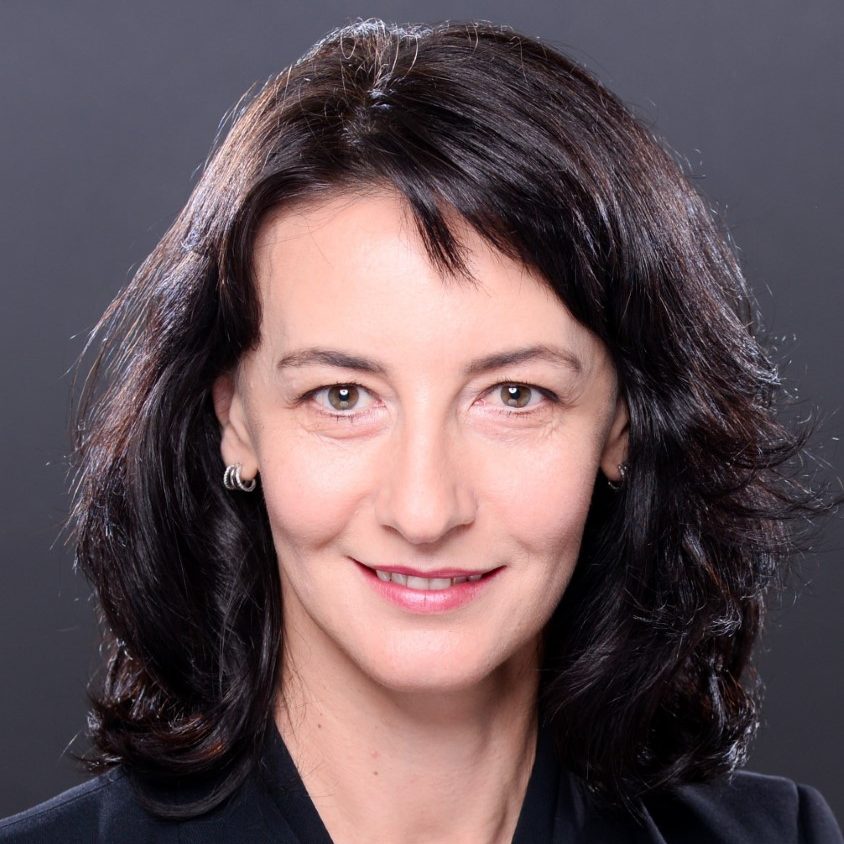Data Science & Business Analytics
Track description
The ever-increasing availability of data and advances in the possibilities for processing and analyzing it have led to a heyday of data science. This not only constitutes new research efforts in business informatics (e.g. artificial intelligence, processing of unstructured data, visualization), but also has a significant impact on established topics in business informatics such as business intelligence and decision support systems.
Possible topics
In this track, we welcome the entire diversity of business informatics research efforts in the fields of data science and business analytics. These range, for example, from the generation, collection and representation of (big) data, the development of innovative theories, methods and procedures from the fields of data science and business analytics to solve business and social problems, the development of specific applications of descriptive, predictive and presciptive analytics, to the adoption and integration of these approaches in companies. Furthermore, the track invites contributions from the fields of Business Intelligence and Decision Support Systems. Research on the development of new statistical and machine learning methods is welcome, as long as a clear relation to the solution of a business or societal problem is shown. We encourage the submission of relevant and original contributions to Data Science and Business Analytics, making full use of the methodological breadth of the research area.
Track Chairs

Ivo Blohm is Assistant Professor for Data Science and Management at the Institute for Information Systems of the University of St.Gallen. Ivo studied technology and management-oriented business administration with a minor in electrical engineering at the Technical University of Munich, where he also received his doctorate in business informatics. His research interests include business analytics, digital platforms, crowdsourcing and crowd work. His research has been published in numerous renowned journals such as Information Systems Research, Journal of Management Information Systems and California Management Review.

Barbara Dinter holds the professorship Business Informatics - Business Process and Information Systems at the Chemnitz University of Technology. She studied and received her doctorate in computer science at the Technical University of Munich. She completed her habilitation at the University of St.Gallen. Within the scope of many years of consulting activities, she worked with numerous companies. Her current research interests include business analytics, business intelligence, data management, data-driven innovation and industry 4.0. She has served as a track chair on ECIS, HICSS, AMCIS and WI and has published in renowned journals such as Decision Support Systems, Journal of Database Management and Journal of Decision Systems as well as at conferences such as ICIS, ECIS and WI.

Natalia Kliewer is Professor of Information Systems at the Free University of Berlin. Her research interests include the design of decision support systems in transport and logistics as well as network models and algorithms for applications in the aviation industry, public transport and revenue management. Natalia is Department Editor for Decision Analytics & Data Science at Business & Information Systems Engineering and Associate Editor at Public Transport Journal and INFORMS Transportation Science.
Associate Editors
- Paul Alpar, Universität Marburg
- Rainer Alt, Universität Leipzig
- Bastian Amberg, Freie Universität Berlin
- Henning Baars, Universität Stuttgart
- Tobias Brandt, Erasmus Universität Rotterdam
- Jan Fabian Ehmke, Universität Wien
- Andreas Fink, Helmut Schmidt Universität Hamburg
- Christoph Flath, Universität Würzburg
- Burkhard Funk, Universität Lüneburg
- Kai Heinrich, Technische Universität Dresden
- Sarah Hönigsberg, Technische Universität Chemnitz
- Christian Janiesch, Universität Würzburg
- Ralf Knackstedt, Universität Hildesheim
- Heiner Lasi, Ferdinand-Steinbeis-Institut der Steinbeis-Stiftung
- Stefan Lessmann, Humbold Universität Berlin
- Oliver Müller, Universität Paderborn
- Boris Otto, Technische Universität Dortmund und Fraunhofer-Institut für Software- und Systemtechnik
- Bodo Rieger, Universität Osnabrück
- Roman Rietsche, Universität St. Gallen
- Christian Schieder, Ostbayerische Technische Hochschule Amberg-Weiden
- Daniel Schnurr, Universität Passau
- Guido Schryen, Universität Paderborn
- Benjamin Spottke, Universität St. Gallen
- Lena Wolbeck, Freie Universität Berlin
- Lin Xie, Leuphana Universität Lüneburg